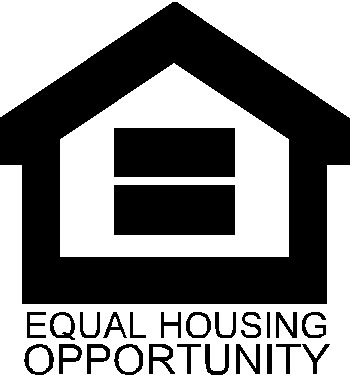

Homeownership Challenges Facing Minority and Underserved Borrower
Homeownership is often considered a cornerstone of the American dream, providing stability, wealth accumulation, and a sense of belonging for families and individuals. However, achieving this dream has proven to be more challenging for minority and underserved borrowers. Despite efforts to promote fair lending practices and equal access to housing, these marginalized groups continue to face a range of barriers that hinder their path to homeownership. In this article, we will explore some of the key challenges faced by minority and underserved borrowers in their pursuit of the American Dream of homeownership.
Limited Access to Affordable Housing
One of the primary challenges for minority and underserved borrowers is the limited access to affordable housing. Housing prices have been steadily rising in many areas, outpacing income growth and making it increasingly difficult for low- and moderate-income families to afford homes. This disproportionately affects minority communities, as they are more likely to have lower average incomes due to historical and systemic factors.
Furthermore, the lack of affordable housing options can lead to overcrowding and substandard living conditions, perpetuating a cycle of housing instability that makes it even harder for these borrowers to save for a down payment and qualify for a mortgage.
Discriminatory Lending Practices
Discriminatory lending practices, although illegal, continue to persist in various forms. Minority borrowers often face higher interest rates, less favorable terms, and outright loan denials compared to their white counterparts with similar financial profiles. Remember the phenomenon, known as “predatory lending”, not only prevents minority borrowers from securing loans on fair terms but also contributes to the widening wealth gap between racial and ethnic groups.
Even when minority borrowers do qualify for loans, they may be pushed into loan products or high-risk mortgages, putting them at a higher risk of foreclosure, particularly during economic downturns.
Credit Access and Scoring Disparities
Access to credit and credit scoring disparities also play a significant role in the homeownership challenges faced by minority and underserved borrowers. Many minority communities have historically been underserved by mainstream financial institutions, leading to limited credit options. Without a strong credit history, these borrowers may struggle to qualify for favorable mortgage rates or even rental agreements.
Additionally, credit scoring model shave faced criticism for potentially perpetuating biases. Factors such as income instability, medical debt, and rental payment history, which may disproportionately affect minority communities, minority are not always given appropriate weight in traditional credit scoring systems.
Lack of Financial Education and Resources
A lack of financial education and resources can further hinder minority and underserved borrowers. Many individuals in these communities may not have had access to quality financial education, leaving them ill-prepared to navigate the complexities of the homeownership process. This lack of knowledge can lead to poor financial decisions, inadequate mortgage shopping, and vulnerability to scams.
Gentrification and Displacement
Gentrification, a process in which more affluent individuals move into lower-income neighborhoods, can have adverse effects on minority and underserved communities. While gentrification can bring economic development and increased property values, it can also lead to the displacement of longtime residents who can no longer afford to live in their own neighborhoods due to rising costs.
This phenomenon not only disrupts established communities but also limits the ability of minority and underserved borrowers to build equity and generational wealth through homeownership.
In Summary
Addressing the homeownership challenges faced by minority and underserved borrowers requires a multi-faceted approach that involves policy changes, financial industry reforms, community outreach, and education. Efforts should be made to enforce fair lending practices, expand affordable housing options, and ensure that credit scoring models are equitable. Providing accessible financial education and resources to these communities can empower individuals to make informed decisions and navigate the path to homeownership successfully. By tackling these challenges head-on, society can work towards a more equitable housing landscape where the American Dream of homeownership is a possibility for everyone, regardless of their background or economic status.
.png)
.png)



.png)
.png)
.png)